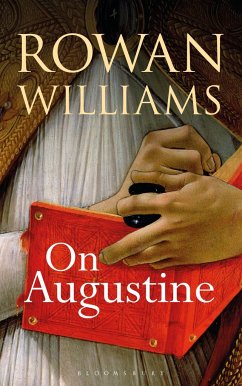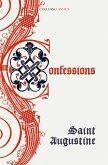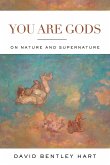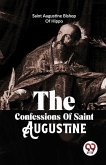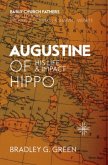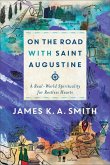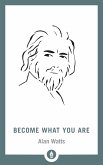Since his retirement as Archbishop of Canterbury and his return to academic life (Master of Magdalene College Cambridge) Rowan Williams has demonstrated a massive new surge of intellectual energy. In this new book he turns his attention to St Augustine.St Augustine not only shaped the development of Western theology, he also made a major contribution to political theory (City of God) and through his Confessions to the understanding of human psychology. Rowan Williams has an entirely fresh perspective on these matters and the chapter titles in this new book demonstrate this at a glance - 'Language Reality and Desire', 'Politics and the Soul', 'Paradoxes of Self Knowledge', 'Insubstantial Evil'. As with his previous titles, Dostoevsky, The Edge of Words and Faith in the Public Square this new study is sure to be a major contribution on a compelling subject.
This is a book that I have been waiting all my adult life to read - though I did not realise it ... Again and again, I put this book down and wished that it were compulsory reading for all those who, in our public forum, think that they are engaging in intelligible conversations when they are merely mouthing sounds. A N Wilson New Statesman

